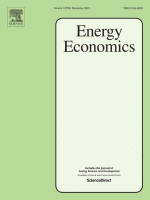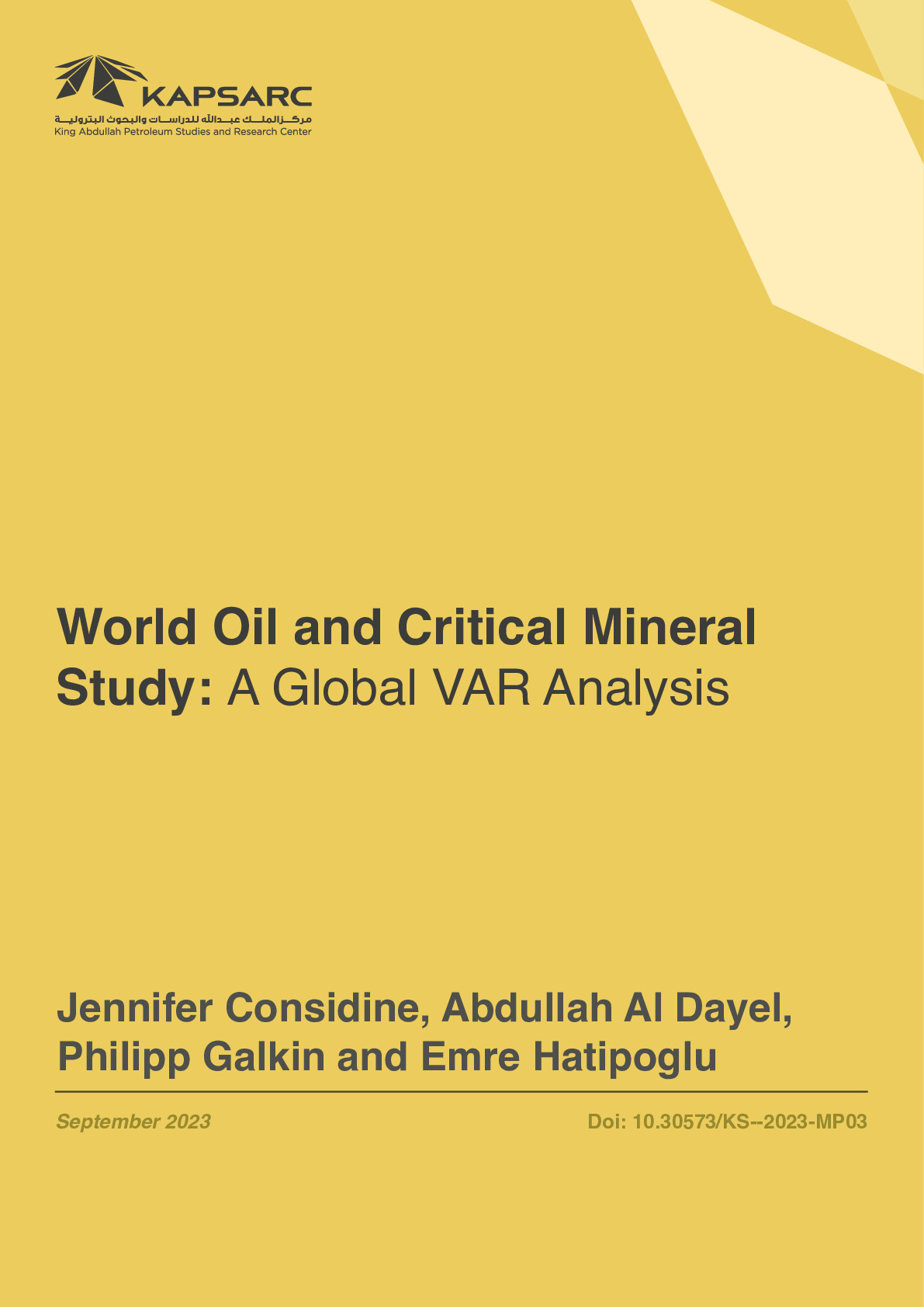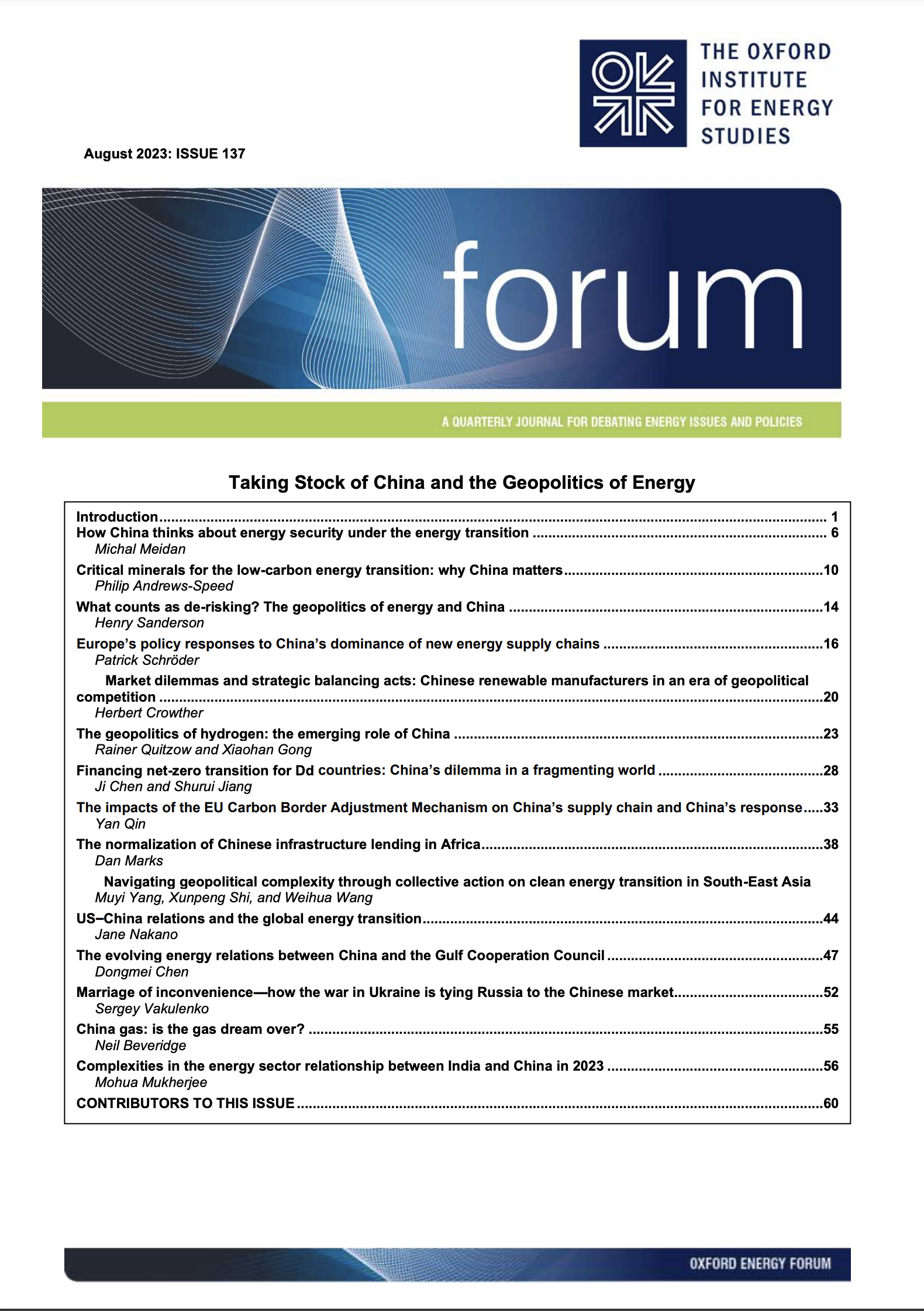On November 15, 2020, 10 Southeast Asian economies, joined by Australia, China, Japan, New Zealand and South Korea, formed the Regional Comprehensive Economic Partnership (RCEP) – the world’s largest trading bloc, representing about a third of the global economy (BBC 2020). This comprehensive agreement covers import tariffs and other market access barriers, investment facilitation, standardization of rules and procedures, and economic and technical collaboration, among other areas.

Visiting Researcher
Philipp is a visiting researcher at KAPSARC, working on the economic and policy aspects of energy supply and trade. Philipp’s…
Philipp is a visiting researcher at KAPSARC, working on the economic and policy aspects of energy supply and trade. Philipp’s work at KAPSARC includes evaluating the effect of preferential trade agreements on energy flows, analysis of OPEC energy policy and deriving insights related to China’s energy policy and its impact on global markets through modeling energy supply sectors.
Expertise
- International economic relations
- Regional and country studies and policy analysis
Publications See all Philipp Galkin’s publications

The Effects of a Shock to Critical Minerals Prices on the World Oil Price and Inflation
On November 15, 2020, 10 Southeast Asian economies, joined by Australia, China, Japan, New Zealand…
1st November 2023
World Oil and Critical Mineral Study: A Global VAR Analysis
On November 15, 2020, 10 Southeast Asian economies, joined by Australia, China, Japan, New Zealand…
26th September 2023



